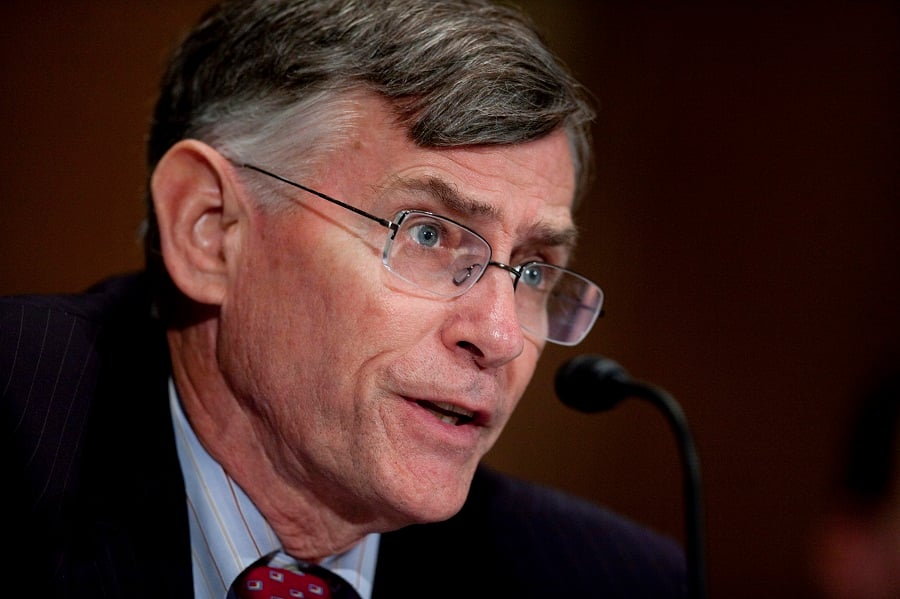Finra chairman and chief executive Richard G. Ketchum, one of the sharpest critics of the proposed Labor Department rule to raise investment advice standards for retirement accounts, said Friday the final version is a big improvement.
Mr. Ketchum praised the DOL for “making some very significant changes” to the measure that will make it operate better. He highlighted modifications in the way the rule treats existing clients, clarifications regarding variable compensation for brokers and third-party payments, and the elimination of the list of allowable investments.
“I think the final rule is much better,” Mr. Ketchum said at an event at the Brookings Institution in Washington.
The Labor Department
released the final rule last week almost exactly one year after the proposal was made public.
The Financial Industry Regulatory Authority Inc., the broker-dealer self-regulator, filed
one of the most pointed comment letters last summer about the proposed rule, which would require advisers to 401(k) and individual retirement accounts to act in the best interests of their clients.
(More: Coverage of the DOL rule from every angle)
Finra cited a litany of concerns about its potential to force investors from brokerage accounts, which are governed by the suitability standard, to accounts that charge fees based on assets under management, which operate under a fiduciary standard.
“I think DOL has taken major strides to get at the important steps from the standpoint of managing conflicts with respect to best interests without driving everything into either self-driven accounts or fee-only,” Mr. Ketchum said. “Whether they've done enough, we'll see. Certainly Finra will look at it very closely.”
In its comment letter, Finra endorsed having the Securities and Exchange Commission take the lead on establishing a uniform fiduciary standard for all retail investment accounts. That's an approach Mr. Ketchum still supports.
“I continue to hope that eventually we have a single consistent standard driven by the SEC,” he said. “But I give great credit to DOL in making, I think, some very significant changes to this [rule].”
Mr. Ketchum reiterated that he favors a best-interests standard for all investment advice, even though his organization regulates the suitability standard.
“I strongly believe that we need to move to a fiduciary environment, where there's clarity that the best interests of customers come first,” Mr. Ketchum said.
One characteristic of the suitability rule is that it is enforced through a set of rules. But Mr. Ketchum said more emphasis needs to be placed on “soft” areas of regulation that get at the problem of good advisers being influenced by compensation incentives to act in ways that harm investors or their firms.
“A rules-based approach from the standpoint of compliance is not enough to cut it, and simply does not eliminate the risks here,” Mr. Ketchum said.
Finra is conducting an examination sweep that assesses its members' compliance cultures, and expects “to begin having conversations soon” with firms, Mr. Ketchum said.
He might not be in office when the culture examination is completed. Mr. Ketchum announced his retirement last year, but said he will stay at the Finra helm until his successor is chosen by the Finra board.
“My expectation and hope is that I pass on the CEO responsibilities this summer sometime, although I'm committed to stay at Finra as long as they need me,” he said.







